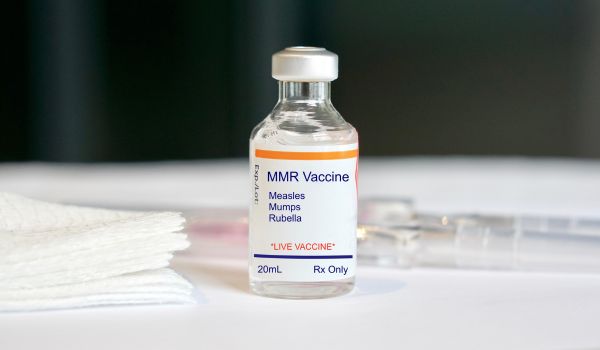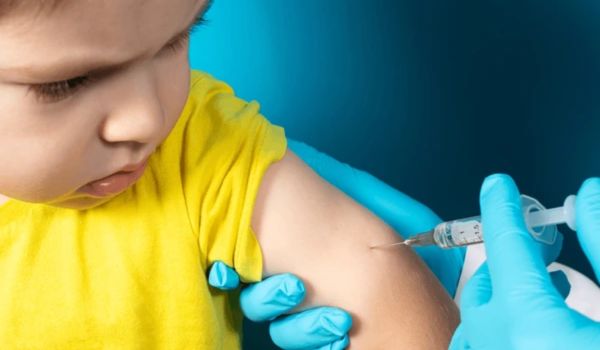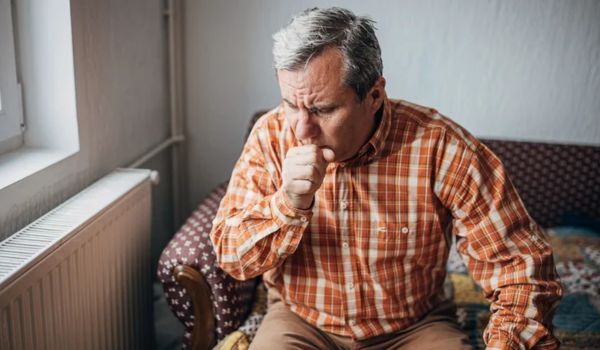
Yellow Fever Vaccination in India
What is Yellow Fever? Yellow fever is a serious viral disease caused by the yellow fever virus, which is transmitted primarily by the Aedes aegypti mosquito. The virus is endemic in parts of Africa and South America. While it does not occur naturally in India, people traveling to or from affected regions may be at risk of contracting the disease.











